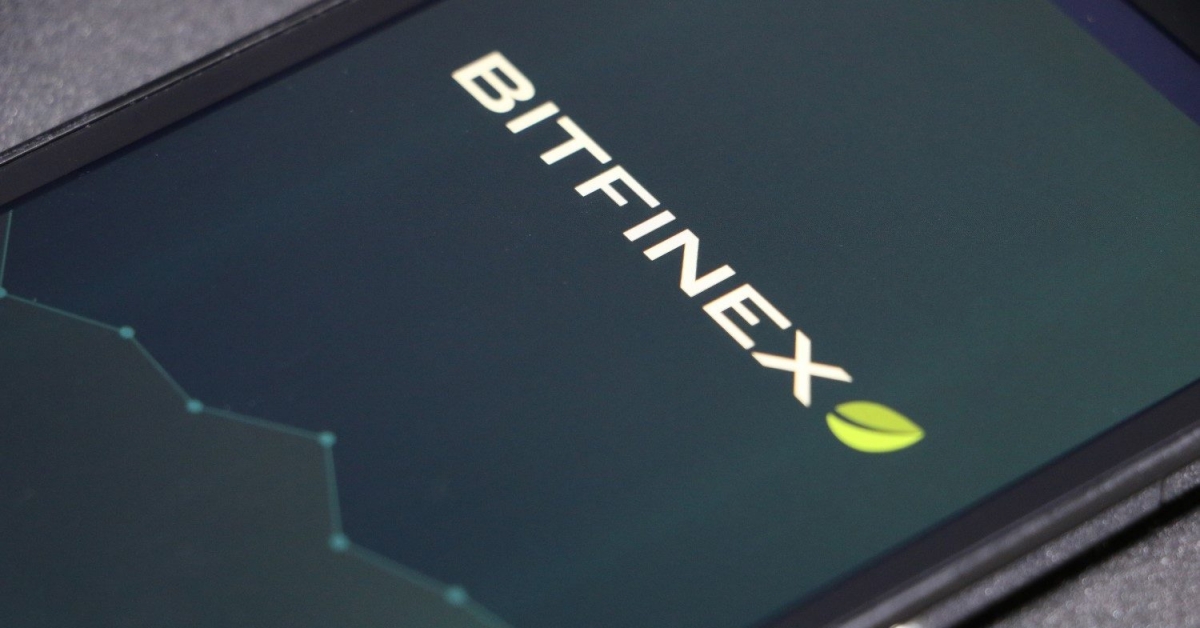U.S. Court Rules in Favor of Bitfinex for Bitcoin Recovery After 2016 Hack
16.01.2025 14:00 2 min. read Alexander Stefanov
A federal court has ordered the return of 94,643 Bitcoin, seized after the 2016 Bitfinex hack, back to the exchange.
This decision stems from voluntary restitution agreements tied to plea deals with the convicted hackers, Heather Morgan and Ilya Lichtenstein.
The court ruled that Bitfinex is the primary victim of the hack, excluding its users from being classified as “victims” under U.S. law. Both convicted individuals and iFinex, Bitfinex’s parent company, acknowledged this in prior agreements. The seized Bitcoin will now be transferred to the exchange, with laundered funds facing separate forfeiture processes.
To address user losses from the hack, Bitfinex plans to redeem Recovery Right Tokens issued to affected customers. Additionally, 80% of recovered funds will go toward buying back and burning UNUS SED LEO tokens, a debt token created post-hack. This buyback program is expected to take 18 months and has already triggered a 4% rise in LEO token prices.
While a large portion of the stolen Bitcoin is being recovered, around 25,000 BTC remains tied to advanced laundering methods like peel chains and mixers. These funds are subject to separate forfeiture procedures due to the difficulty of linking them directly to the original theft.
Morgan and Lichtenstein received sentences of 18 months and five years, respectively, for their roles in laundering the stolen funds. The ruling sets an important precedent in recognizing crypto property rights and may influence future cases, such as those involving FTX customer funds.
-
1
Solana PumpFun Bot Turns Out to Be Malware in Disguise
04.07.2025 9:00 2 min. read -
2
Hackers Steal $140 Million from Brazilian Central Bank, Launder Funds Through Crypto
05.07.2025 11:00 2 min. read -
3
U.S. Court Ends Tornado Cash Legal Dispute, Marking Win for Coin Center
08.07.2025 10:00 2 min. read -
4
Investor Loses $6.9M After in TikTok Crypto Scam
16.06.2025 19:00 1 min. read -
5
SEC Charges Georgia-based First Liberty and Owner in $140 Million Ponzi Scheme
12.07.2025 17:00 2 min. read
SEC Charges Georgia-based First Liberty and Owner in $140 Million Ponzi Scheme
The U.S. Securities and Exchange Commission (SEC) has filed emergency enforcement actions against First Liberty Building & Loan, LLC and its founder, Edwin Brant Frost IV, alleging they operated a $140 million Ponzi scheme that spanned more than a decade and defrauded around 300 investors.
U.S. Court Ends Tornado Cash Legal Dispute, Marking Win for Coin Center
A legal clash between Coin Center and the U.S. Treasury Department over sanctions imposed on Tornado Cash has officially come to an end, following a joint decision to dismiss the case.
Hackers Steal $140 Million from Brazilian Central Bank, Launder Funds Through Crypto
A sophisticated cyberattack targeting Brazil’s central bank reserve accounts has resulted in the theft of over $140 million (R$800 million), much of which was swiftly funneled through cryptocurrency channels.
Solana PumpFun Bot Turns Out to Be Malware in Disguise
A malicious open-source project on GitHub disguised as a Solana trading bot has compromised user wallets, according to a July 2, 2025, report by cybersecurity firm SlowMist.
-
1
Solana PumpFun Bot Turns Out to Be Malware in Disguise
04.07.2025 9:00 2 min. read -
2
Hackers Steal $140 Million from Brazilian Central Bank, Launder Funds Through Crypto
05.07.2025 11:00 2 min. read -
3
U.S. Court Ends Tornado Cash Legal Dispute, Marking Win for Coin Center
08.07.2025 10:00 2 min. read -
4
Investor Loses $6.9M After in TikTok Crypto Scam
16.06.2025 19:00 1 min. read -
5
SEC Charges Georgia-based First Liberty and Owner in $140 Million Ponzi Scheme
12.07.2025 17:00 2 min. read


